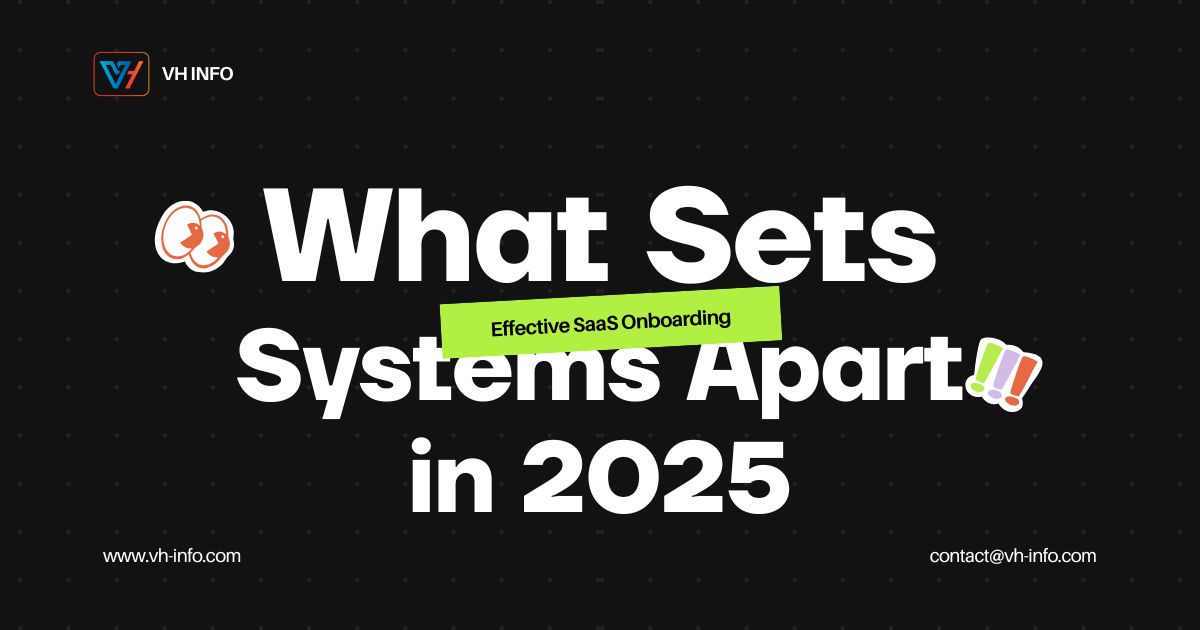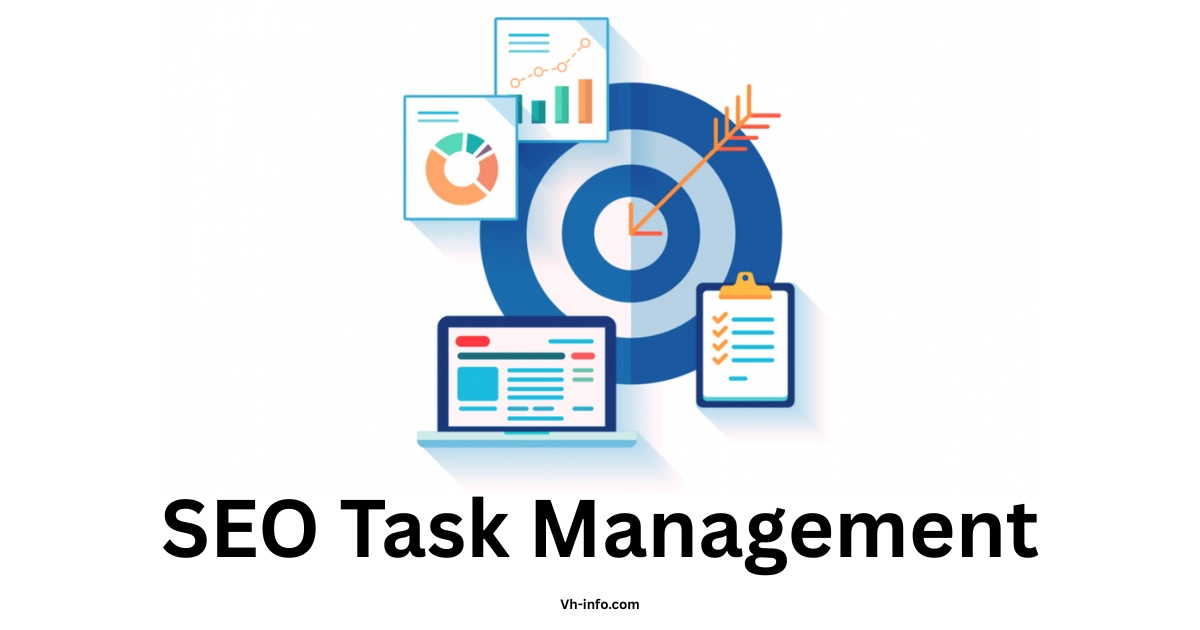In modern times, the tempo of modern marketing is determined by the rapid development of artificial intelligence combined with cloud computing. AI turned online file storage systems like Google Photos and iCloud into novel ways of managing marketing campaigns by further leveraging advanced data analysis and personalization of content delivered to target audiences.
For marketers eager to leverage cutting-edge technology, understanding how to harness AI can transform a standard campaign into a highly efficient, targeted effort. This guide will provide practical steps and strategic insights for optimizing digital assets from Google Photos to iCloud and refining marketing efforts through AI. We will explore how AI-enhanced digital asset management can lead to streamlined workflows, secure storage solutions, and stronger audience connections.
Join us as we delve into AI’s robust capabilities in cloud-based marketing. We will offer actionable knowledge to elevate your campaigns and maximize your digital resources.
Enhancing Digital Asset Management with AI

Digital Asset Management: Evolution
The fast-paced world of digital marketing is tasked with the efficient management of a huge number of digital assets. An essential practice in this context is learning to move Google Photos to iCloud. This step secures data and aligns with AI tools that enhance image retrieval and integration across marketing channels. As we dive deeper, we’ll explore how AI is reshaping how we organize and access our marketing materials and improving the accuracy and speed at which we engage with our target audience.
AI-Driven Tagging and Sorting
The first cornerstone of leveraging AI in digital asset management involves using machine learning algorithms to tag and sort digital content automatically. This technology scans images, videos, and other files, assigning relevant tags based on content recognition. This method significantly reduces marketers’ time on manual categorization, allowing for quick retrieval and systematic organization. By utilizing a brand asset management tool, businesses can further streamline their digital asset management processes and maintain a cohesive brand identity.
Automating Content Analysis
AI excels in analyzing visual content to extract meaningful insights about consumer preferences and behavior patterns. By evaluating elements such as image engagement and viewer demographics, AI tools provide marketers with precise data to refine their strategies and enhance content relevance.
Optimizing Storage and Accessibility
Efficient storage space management and ease of access to digital assets are paramount for timely marketing campaigns. AI helps predict the need for asset retrieval and optimally arranges data for quick access. Integrated with AI, cloud storage solutions ensure that assets are secure yet readily available across multiple platforms and devices. In multi-cloud environments, implementing a CSPM solution adds an essential layer of security and compliance to protect digital assets across all cloud services.
The Takeaway
The integration of AI in digital asset management transcends traditional boundaries, empowering marketers to handle complex data sets with unprecedented precision. The ability to automate tasks like tagging, sorting, and analyzing content frees up valuable time and offers deep insights crucial for crafting targeted marketing strategies. By incorporating AI into your digital asset management practices, particularly in processes like moving Google Photos to iCloud, you can achieve higher efficiency and effectiveness in your marketing endeavors.
AI-Driven Analytics and Personalization in Marketing
For marketers aiming to leverage AI for enhanced digital asset management, starting with a robust foundation in cloud computing can significantly streamline these efforts. Considering a foundational cloud computing course for beginners is an excellent way to enhance understanding and application of cloud technology within digital marketing campaigns, particularly with how AI processes are integrated across various platforms.
The Paradigm Shift in Consumer Data Analysis
AI-powered analytics is the power enabling marketers to gain a deeper understanding and connect with their audiences in the digital marketing space. Such advanced analytics burrows deep into the pools of data, extracting very fine-grained insights on consumer behaviors, preferences, and trends. This section explores how AI enhances the personalization of marketing strategies, ultimately boosting campaign effectiveness and customer satisfaction.
Deep Learning for Deeper Insights
Specifically, AI algorithms-perhaps deep learning-based ones-process huge volumes of unstructured information emanating from varied sources, such as social media, website interactions, or IoT devices. The algorithms identify patterns and correlations that may evade human analysts. For instance, AI could decide which sets of products are normally viewed together, and also which advertising does the most to engage people. Marketers can then use that insight to fine-tune their offerings.
Real-Time Personalization
One of the strongest use cases of AI for marketing involves real-time personalization. This technology leverages real-time data to tune the content, timing, and format of marketing messages according to user behavior as it occurs at this instant. Real-time personalization plays a critical role in tailoring marketing messages according to user behavior as it occurs. Marketers involved in real estate need equally dynamic strategies. This could be crucial for educational platforms offering specialized qualifications, such as a real estate broker certification NYC, enabling them to connect efficaciously with aspiring professionals. Suppose a user views sports shoes on a retail site.
Predictive Customer Behavior Modeling
The predictive capability of AI regarding future consumer behavior, based on previous actions, is a game-changing factor in the development of a marketing strategy. Therefore, AI will analyze the trend in data to forecast the hot products that would be most in demand, the seasonal demands, and the probable customer churn. This predictive insight enables business firms to be proactive rather than reactive, and hence aligns their strategies with the various forecasted market movements.
Case Studies: AI in Action
- E-commerce Personalization: An e-retailer utilizes AI in studying customers’ purchase history and their browsing habits in recommending products that are uniquely tailored to each customer’s taste.
- Content Optimization: A media firm makes use of AI to analyze which articles or videos keep viewers longer on the site. The insights gained would then dictate how future content is created, assured of viewer retention at a certain level.
The Takeaway
AI-driven analytics and personalization create a competitive advantage by better understanding the consumer at a granular level and communicating with them more effectively. These technologies ensure that marketing campaigns get data-driven and aligned with consumer expectations and behaviors dynamically. Marketers seeking higher-order strategies should, therefore, invest in AI tools that enable them to go deeper into analytics and allow real-time personalization. Through embracing such changes, enterprises will be able to avail more relevant, interesting, and successful marketing activities to their targeted audiences.Conclusion
Now, to conclude how to use AI to amplify cloud-based marketing campaigns, it is obvious that AI’s integration with digital asset management and analytics drastically evolves marketing strategies. AI automates the organization and analysis of rich datasets so one can construct highly personalized and efficient campaigns which will resonate with target audiences.
Key Takeaways:
- Smoothening Asset Management: AI automates tasks like tagging, sorting, and analyzing media, saving time by making marketing resources more accurate.
- More Individualization: Through real-time analytics and predictive modeling, marketers can make real personalization in campaigns to individual consumer behavior and preference, boosting both engagement and conversions.
- Predictive Analytics: AI in Forecasting enables CMOs to stay one step ahead of market demands and to course-correct accordingly.
- Operational Efficiency: The integration of various cloud consulting solutions, such as migrating Google Photos to iCloud with the help of AI tools, is smooth and provides digital access to secure assets.
AI in digital marketing is a necessary evil, yet highly differentiating. And with AI continuing to evolve, newer and more innovative ways of driving more effective marketing campaigns will also continue to develop. The marketers who can take advantage of the capability to do so are those who can meet the challenges of the digital landscape and achieve great results.



